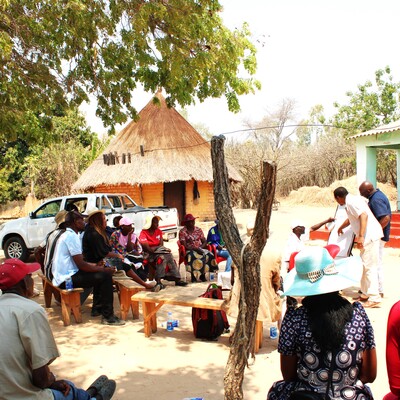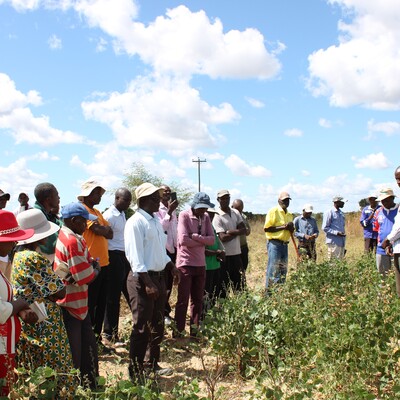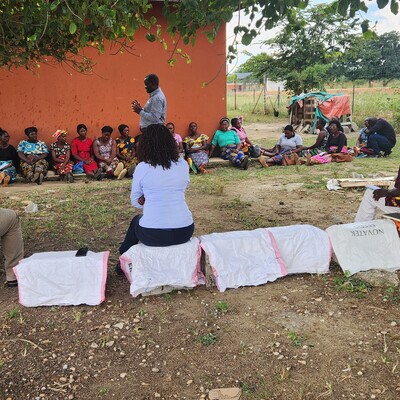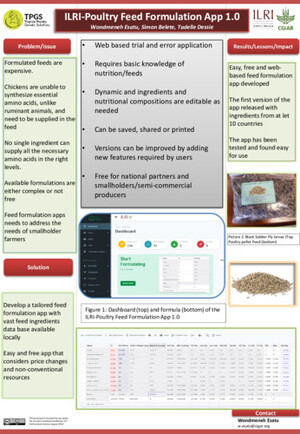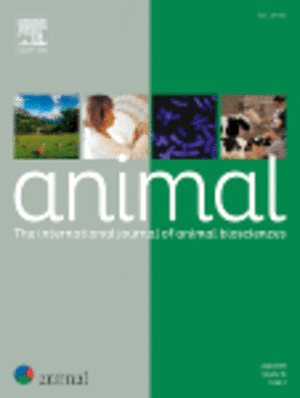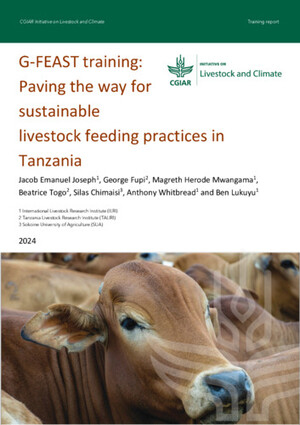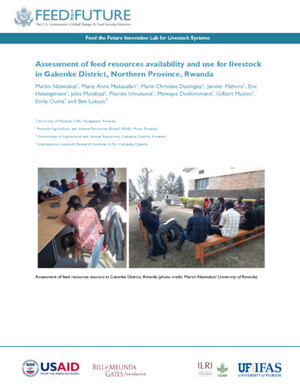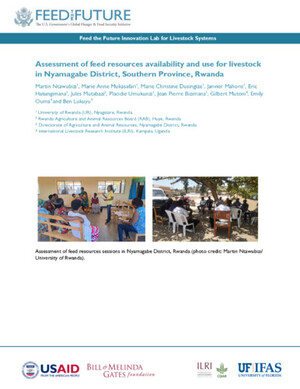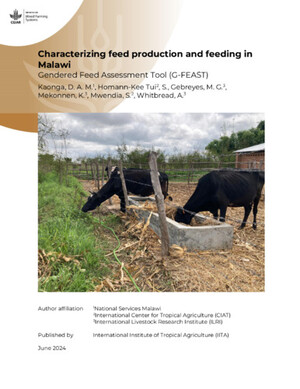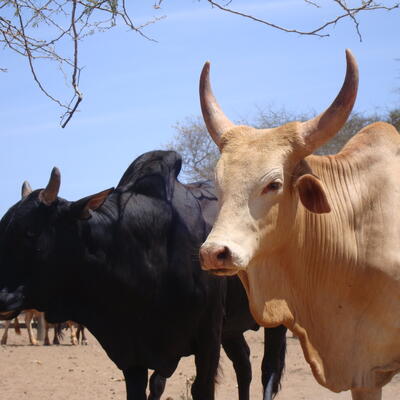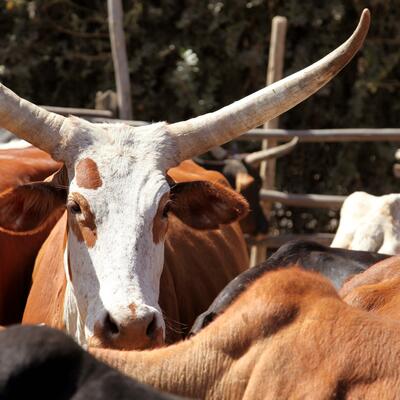
Deadline for submitting abstracts for the Joint International Grassland/Rangeland Congress extended to 23 Dec 2019
The deadline for submissions for papers and posters for the
Joint International Grassland and International Rangeland Congress,
to be held 24–30 Oct 2020, in Nairobi, Kenya,
has been extended to
23rd December 2019.Submit your abstracts for posters and oral presentations and
proposals for concurrent panel sessions through the congress website.
The next Joint International Grassland Congress/International Rangeland Congress will be held next year in Nairobi, Kenya, 24–30 Oct 2020. this is the first time this joint congress is being held in Africa. Some 1500 people are expected to participate in the five-day joint congress.
The theme of the conference is Sustainable Use of Grassland/Rangeland Resources for Improved Livelihoods. Keynote addresses, oral papers and posters presented at the conference will be organized around seven sub-themes.
Jimmy Smith, director general of the International Livestock Research Institute (ILRI), will be a keynote speaker.
Sub-Theme 1: Rangeland/Grassland Ecology
Ecological site description and ecosystem classification Soil and watershed management, water supply, quality and riparian health Shrub encroachment, fire ecology, invasive species and pest management Monitoring of rangeland and grassland resources Sustainable rangeland/grassland management and improvement
Sub-Theme 2: Forage production and utilization
Genetic resources, forage development and management Grazing management practices and animal nutrition Challenges for sustainability of intensive high rainfall grasslands, sown pastures and turf Call for Concurrent Panel Sessions, Papers and Posters Joint International Grassland & Rangeland Congress 2020 http://2020kenya-igc-irc.rangelandcongress.org/ p. 2 Seed science and production systems
Sub-Theme 3: Livestock production systems
Intensive production systems (including small-holder dairy systems in tropics and subtropics) Extensive production systems (including ranching, nomadism, and dairying) Integrated systems (agro/silvopastoral systems and crop-livestock interactions)
Sub-Theme 4: Wildlife, tourism and multi-facets of rangeland/grassland
Wildlife management, conservation and tourism Privately owned or leased rangeland systems Biodiversity and ecosystem services of rangelands/grasslands Status, and trends in rangelands/grasslands and options in the future Competing Interests in rangelands: mining, fracking, ground water exploitation
Sub-Theme 5: Drought management and climate change in rangelands/grasslands
Drought management for sustainable productivity Carbon sequestration GHG emissions from rangeland/grassland livestock systems Impacts on biodiversity, livestock and grazing systems Early warning systems and modelling future climate change in arid and semi-arid lands
Sub-Theme 6: Pastoralism, social, gender and policy issues
Cultural heritage and indigenous people’s use of rangelands/grasslands (indigenous technical knowledge) Governance, land rights and changes to pastoral systems Social justice, gender and equity issues in rangelands/grasslands. Livelihood diversification opportunities for pastoralists (crops, hand crafts, fishing, beekeeping, biofuels, silk, herbs, spices, wild fruit etc.). Marketing infrastructure and systems in rangelands/grasslands Policy issues for rangelands/grasslands development Political instability and extremism: its impact on rangelands/grasslands management
Sub-Theme 7: Capacity, institutions and innovations for sustainable development in rangelands/grasslands
Emerging/trending issues in range/grassland science and education Extension and technology-transfer Green energy and Information Communication Technologies applications Rangelands/grasslands and the Sustainable Development Goals (SDGs) Participatory approaches and innovations in the management of rangelands/grasslands
Mid-congress tour of ILRI’s Nairobi campus and laboratories
On Wednesday 28 Oct 2020, registered delegates to the conference will be able to go on one of the thirteen mid-congress tours. One of these tours is a visit to ILRI, which is involved in helping to organize the scientific program of the conference. At ILRI, the headquarters of which are located in the Kabete suburbs of Nairobi, a 20-minute-drive from Nairobi’s city centre, where the conference will be held, delegates will be introduced to ILRI’s work on global livestock research and given guided tours of ILRI’s Mazingira Centre, which conducts research on livestock greenhouse gas emissions, land-use change dynamics, and the environmental impacts of livestock production; and the Biosciences eastern and central Africa Hub (BecA-ILRI Hub), which conducts state-of-the-art biotechnology research and training on African agricultural issues. When you register for the congress, you will have the opportunity to select which tour you would like to go on. ILRI says Karibuni! (Welcome!)
For more information, please visit the conference website: http://2020kenya-igc-irc.rangelandcongress.org/








